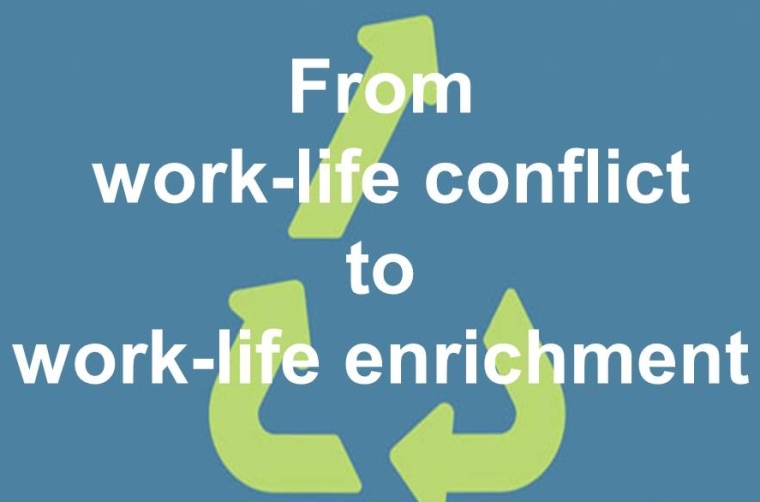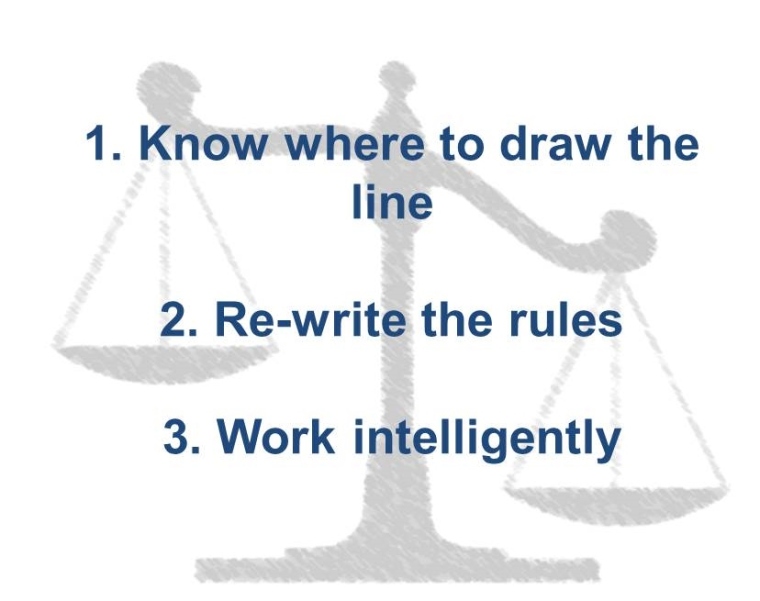
This week’s blog post was prompted by a question in a Facebook group. I’d been talking about the coaching I offer to women looking for better work-life balance. A colleague in the group asked whether I offer time management training and my short answer was no.
I’m a great fan of the concept of time management and over the years I’ve played with a number of systems until I hit upon the ones that suited me. However, when it comes to finding work life balance, time management is not the place to start.
Time management is a means of managing what you’re doing. To find balance you first need to decide who you’re being.
First you must define your roles
As a working mother you’re playing two different roles: mother and worker. These can sometimes be at odds with each other; and make varying demands on your time, energy and attention. In an ideal world the two roles would remain separate, but even pre-pandemic we weren’t operating in an ideal world. There are periods when your time and attention should be on work, but if you’re working at home and trying to manage kids as well there is bound to be a bleed of roles.
To go even further, it may be that you’re feeling mummy guilt at having to work when they’re around and the ‘perfect mother’ will be giving them all her attention. Whatever your circumstances you must first define what ‘good enough’ means to you. What is a good enough mother and what is a good enough worker? Have you defined these two roles for yourself or bought into scripts defined by others?
It’s only when you know what matters to you; and what the important tasks are in both roles that you can begin to work on a time management system to achieve them.
Then you must decide where your boundaries lie
You may prefer to keep work and family life separate. Or you may – through choice or current circumstances – feel the best approach is to integrate them. Either way, establishing where your boundaries lie is important. Without boundaries work and home life bleed into each other. As human beings we’re not physically capable of giving our full attention to both roles at once.
Time management systems are great for clearly identifying which task (and they’re generally work tasks) to prioritise. They’re not so good at defining how to balance priorities between work and home.
Finally you must recognise the emotional pressures
Many time management systems use a four quadrant assessment grid that moves from urgent and important all the way to not urgent and unimportant. They can be very useful in deciding which tasks to focus on at work in order to achieve your key outputs. They‘re not so useful at home.
Time management systems tend ignore the emotional pull that comes with many parenting tasks. Nor do they consider how to take a longer term approach to how roles change as lives develop. For that you need to go deeper.
So the longer explanation for my Facebook colleague is:
No I don’t teach time management. It’s a necessary life skill and one I would encourage everyone to develop. Find a system that suits you – there’s plenty of advice on the internet. But don’t get mislead into thinking that time management is a panacea which will solve your work-life balance challenges.









